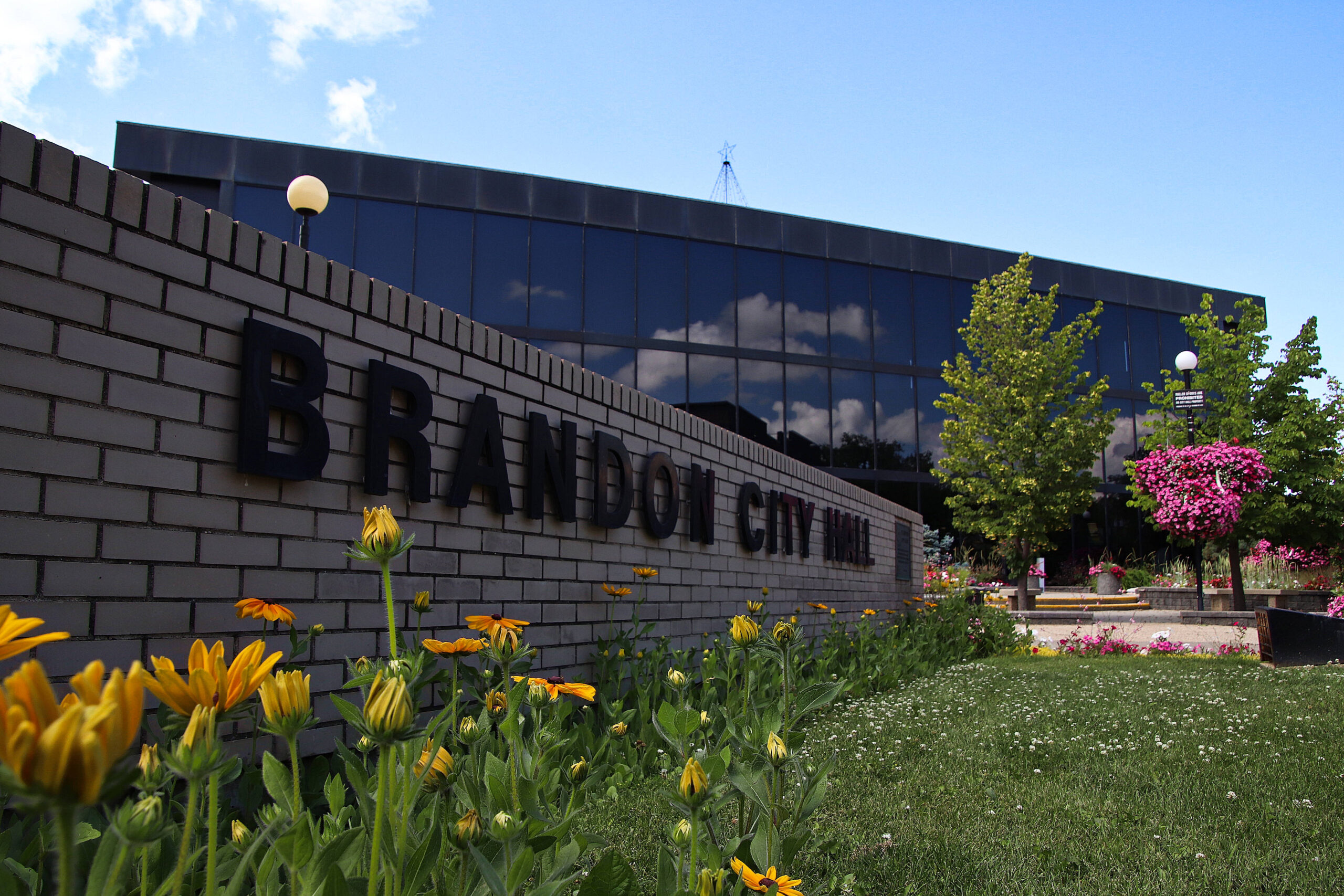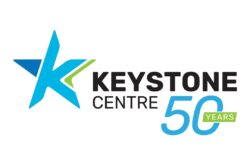Division does not add to our nation
BDNMB columnist Keith Borkowsky met with Jean and Michèle Charest last week to talk about politics and national unity.
I never thought I would see the day when a Conservative would be criticized by another Conservative for being successful working in the private sector.
Yet in watching a debate between candidates seeking the Conservative Party leadership, hosted by the Canada Strong and Free Network, I actually witnessed a leading candidate attack another for having used his skills and abilities to cut taxes in one of Canada’s largest provinces, create a better economy and also set the stage for Canada’s modern environment policies. I saw a candidate criticise a man who literally saved Canada from division and separation during the Quebec sovereignty referendum in 1995, and put an end to Quebec separation as a legitimate national threat for more than a generation.
Division is, in a microcosm, the defining problem facing Conservatives across Canada and the United States. These divisions, save for an Stephen Harper government, have only served Liberals well. It did little for Canada, especially those supporting better economic circumstances for all. These divisions have ensured Conservatives fill the pews at Our Lady of Perpetual Opposition.
It’s clear the Conservative Party has done a poor job over several election losses of convincing Canadians they have a cohesive, focussed alternative that benefits all regions of the country. They have failed to attract people without a party affiliation or convince them a Conservative government can deliver leadership on issues that matter to them. They have failed to show Conservatives can work with people who are opposed to them, and deliver results that make a difference. They have failed to show Conservatives can be the adults in the room, working with other countries to solve global issues and work to improve our national defence in light of emerging geopolitical challenges.
Canada needs big projects, like oil and gas pipelines to bring our natural resources to Canadian and foreign markets. Even electric cars need plastics after all. Yet the candidate who helped build the last oil and gas pipeline in Quebec was the one being criticized for not being Conservative enough.
That needs to stop.
Populist policy has only divided Conservatives, and as we have seen in the United States, breeds only further division. No other party wants a litmus test to prove members belong. If you support free markets, building a better economy, sensibly reducing government bureaucracy yet ensuring the rule of law and order is maintained, you are Conservative. Leaders should welcome people into the party, not chase them away and because they aren’t Conservative enough for their liking.
Stephen Harper understood this. A unified Conservative Party that adds allies to its ranks will beat politics by division and subtraction every time.
Don’t just take it from me. I was at the 1993 Progressive Conservative Leadership Convention, as a supporter of Charest. Very disappointed and disillusioned with the end result, I met a man who had been on the same flight as me to Winnipeg. Like me, he was standing around waiting for his luggage and we started a conversation. He was interested in hearing about the convention. Upon hearing of my disappointment, assured me the pain of defeat would subside, and that I should continue to stay strong in my beliefs and convictions. That advice had served him well after a major setback in his own career.
He also told me this: “Don’t worry. You’ll see. Jean Charest will be a fine Prime Minister one day.”
That man was Jean Chretien.
Even Liberal politicians know who initiates their most likely retirement plan.
It is clear from the last several federal election results, and especially last week’s leadership debate, the Conservative Party needs a proven bridge builder and statesman to get back into power.
It needs Jean Charest.


 -12.2°C Brandon,CA
-12.2°C Brandon,CA



 48
48










